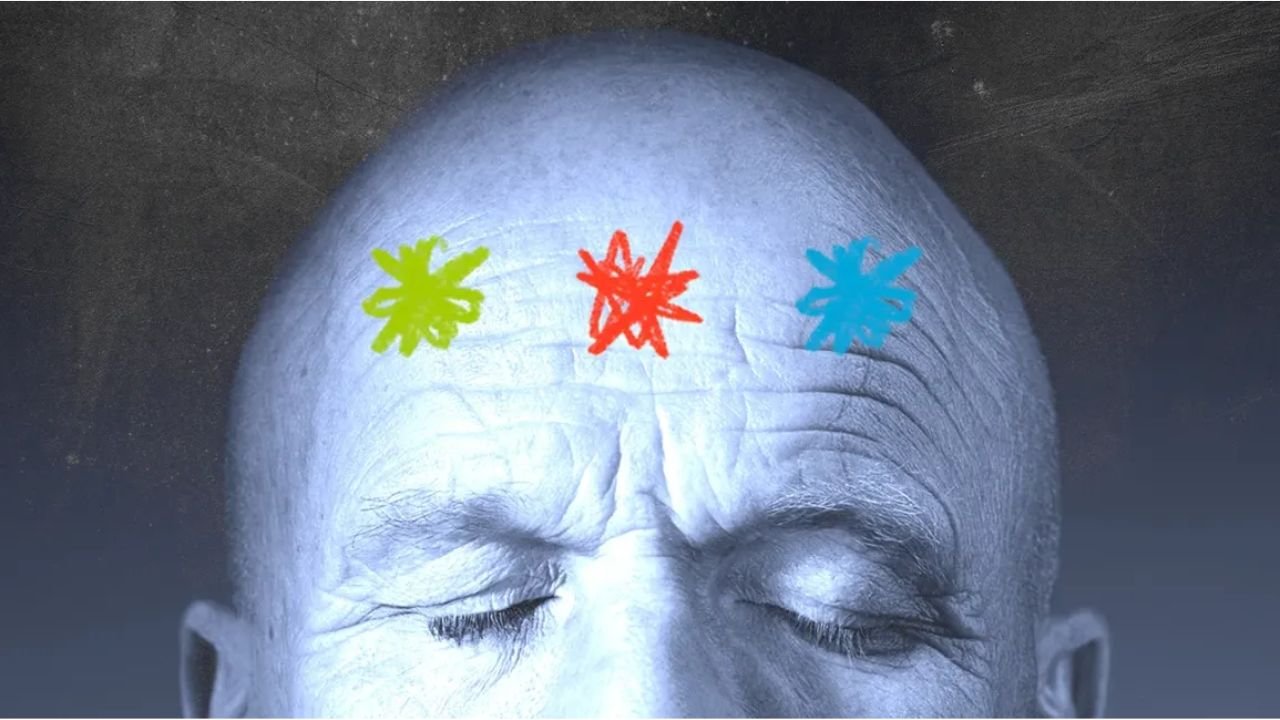All of us have gone through times where we feel irritated or unhappy. It’s normal to have upset feelings for a short time, but constant ones are not good for anyone. Should it not be managed, it can have a negative impact on your health and life.
First, you should figure out why you feel this way so you can start working on a solution. After that, we explain the 6 main reasons for feeling sour, followed by tips on handling these emotions.
1. Life Stress:
No one can deny that stress from everyday life leads to irritability and sadness. In any situation such as at work, with money or in personal relationships, being stressed means that individuals have a tough time coping with their emotions.
The result?
The task becomes too much for them to handle.
Going through stress causes us discomfort and consistent stress over a long period may make us emotionally exhausted. Try to notice the first signs of pressure in your life as well as the lives of people you care about. If the first signs are noticed promptly, you can take corrective measures and prevent being overworked.
To deal with stress, do something good for yourself, sleep well enough, exercise and follow a healthy diet.
2. Depression:
You might end up feeling irritable and unhappy due to depression. It is estimated that depression affects over 322 million people and New York has the country’s highest rate in the US. Some symptoms of the mental disorder include irritability, sadness and fatigue.
Depression often shows up as irritable feelings. It tends to appear more frequently in men instead of women. Usually, when men are irritable, they become more prone to aggressive acts, taking high risks and drug usage.
Having two or more of the symptoms below could mean you are depressed.
- Experiencing guilt
- Fatigue
- Headaches
- Digestive issues
- Not interested in activities that you previously liked
There are certain techniques that can assist you in managing depression. They require just a few everyday changes which with effort can lead to great improvements.
A few of the changes are:
- Exercising
- Meditation
- Eating healthily
- Dealing with your anxiety
- Sleeping for at least enough hours
If your symptoms of depression do not improve on their own, go see a doctor to get help.
3. Habits that are Unhealthy
It may be your habits in life that are causing you to feel moody and not your best.
When you abuse substances, don’t pay attention to your wellness, don’t exercise enough and follow an unhealthy diet, you might find your mood becoming bad and affecting your general well being. Don’t forget, putting aside self-care affects your mental well-being. Consequently, they might experience irritability and become unhappy.
Keep an eye on your bad habits and try to change them with healthier ones. Choose healthy meals, look after yourself, do exercises and drink less alcohol. If it is hard for you to change your bad habits, consult a therapist or counselor.
4. Hormone Imbalance:
Sometimes, bad moods happen due to hormonal imbalances as well as stress, depression and poor lifestyle habits. The balance of your hormones determines your moods and state of mind. A change in the level of hormones can lead to irritation and unpleasant feelings.
The most common reasons for hormone imbalance are;
- Stress
- Medication
- Poor diet
- Puberty
- Menstruation
- Overweight
If your hormones are not balanced, Florida TRT can give you more hormones, leading to a better mood and improved state of health. Applying stress management strategies may help lower your symptoms of hormone imbalance. Speak to a professional health care provider before starting any important therapy.
5. Health Issues:
Having conditions such as chronic pain, disorders of the mind, diabetes and heart problems can influence our mood and emotional state. When someone has serious health problems, it might be hard for them to fully enjoy life. This regularly results in people feeling sad, irritable and unhappy.
Having severe health problems should not make you lose faith in yourself. If you have not yet, go to a medical professional for treatment. If cancer has happened to you, focus on your treatment and build a positive attitude while continuing to enjoy the things you like. If you wish, you could ask family, friends or even support groups for emotional help. Any health problem, big or small, should not prevent you from chasing your dreams and living a good life.
6. Relationship Problems:
Sometimes difficulties in relationships result in emotional stress for people. If a person is having trouble in their relationship with a partner, a friend or a family member, it may cause depression, stress, anxiety, unhappiness and irritability.
Whenever problems in a relationship appear, you should focus on expressing yourself clearly and listening to each other to sort things out positively. It may be helpful to seek therapy and marriage counseling when difficulties within your marriage appear.
Conclusion
Having bad moods is normal for people. If you are going through irritability, depression or unhappiness, these things are normal for everyone. But if these emotions happen often, it means you need help. To solve emotional distress, you should first try to find out what triggers it. When you realize this, it is simple to work out your own solutions and ask professionals for suggestions.



